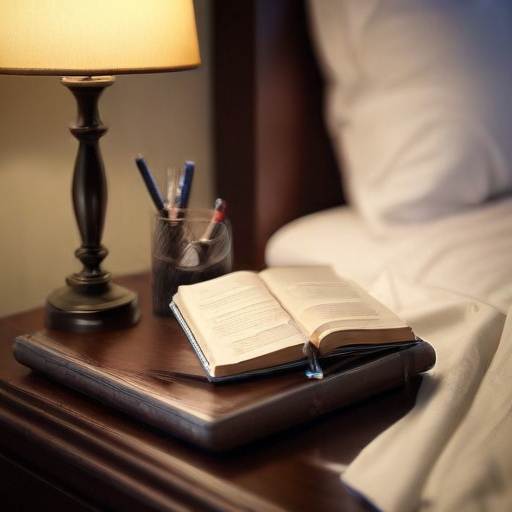The sleep industry is booming, with countless products marketed to help individuals improve their rest. From sunrise alarm clocks to advanced sleep trackers and melatonin subscriptions, consumers are presented with myriad options in their pursuit of better sleep. However, the pressing question remains: are these investments genuinely effective?
In a recent episode of the Quartz Obsession podcast, hosted by Rocio Fabbro, listeners delve into the intricacies of sleep with notable sleep expert Dr. Michael Breus. Dr. Breus, a double board-certified clinical psychologist and sleep specialist, sheds light on several critical topics related to insomnia and sleep quality. These discussions highlight the vast market for sleep solutions and customers’ confusion regarding sleep requirements, which range from 6 to 8 hours according to various experts.
One of the key points explored is the evolution of insomnia, particularly due to modern advancements. Dr. Breus cites Thomas Edison’s invention of the light bulb as a pivotal factor that altered sleep patterns significantly. Historically, societies experienced fewer sleep disorders, largely because the absence of artificial light aligned more closely with natural circadian rhythms. However, as work hours have extended and night-time activities have increased, insomnia has emerged as a widespread concern.
Dr. Breus identifies stress and environmental factors as prime contributors to insomnia, emphasizing that a staggering 75% of insomnia cases derive from stress and anxiety, with the remaining percentage influenced by environmental conditions. With the growing prevalence of screens and increased consumption of alcohol and recreational drugs, the challenges to achieving restful sleep intensify.
Amid the struggles of insomnia, Dr. Breus offers insight into practical solutions. He advocates for a structured sleep routine, emphasizing the importance of consistent wake-up times, hydration, and appropriate caffeine and alcohol consumption to improve sleep quality. He explains the potential benefits of understanding one’s chronotype—an inherent biological preference for certain sleep times—which can guide better personal sleep strategies.
In the world of sleep research, promising advancements are on the horizon. Ongoing studies are focusing on more effective sleep medications and cognitive behavioral therapies that could greatly enhance sleep quality without relying solely on pharmaceuticals. As awareness grows about the multifaceted nature of sleep and the factors influencing it, there’s hope for innovative treatments that can cater to individual needs.
In conclusion, while the pursuit of better sleep is filled with challenges, advancements in research and understanding of sleep’s biological mechanisms provide hope for improved strategies on an individual and societal level. By adopting informed practices and understanding one’s unique sleep patterns, individuals can take active steps towards achieving better rest and subsequently enhancing their overall well-being.
This article serves as a reminder of the significance of sleep and the potential benefits of understanding our own sleep needs and behaviors. The journey to optimal sleep can indeed lead to a more productive, healthy, and fulfilling life.
